
19 Mar 2008

I've Loved You So Long
A woman struggles to interact with her family and find her place in society after spending fifteen years in prison.
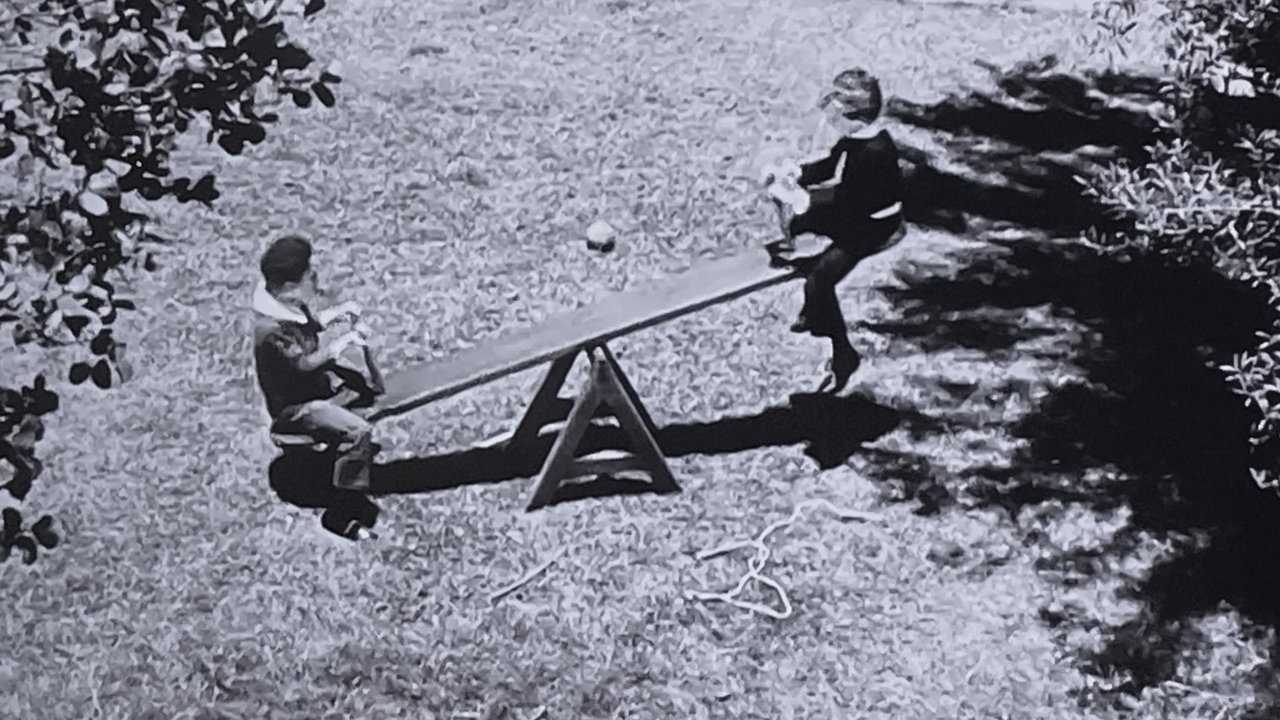
This short shows how two objects led to important discoveries. Children playing with a seesaw inspire French physician Rene Laennec to invent the stethoscope, and a pair of shoes made of caoutchouc lead Charles Goodyear to discover the process for vulcanizing rubber.

Narrator

Charles Goodyear (uncredited)
One of Goodyear's Guests (uncredited)
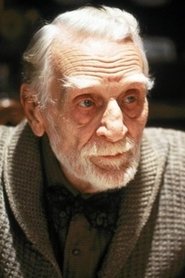
Bit Part (uncredited)
One of Goodyear's Guests (uncredited)

19 Mar 2008

A woman struggles to interact with her family and find her place in society after spending fifteen years in prison.

19 Jul 2007

Master painter Hans Moll and his wife, the television announcer Ms. Wellinek and her husband, and the German-Russian Jew Yevgenia have many things to live on: food, drink, an apartment. What they do not have is work. They all discover the yearning for a chance to start all over again and bring themselves back to life.

26 Jan 2018

Yuri leaves Ryo with mysterious words. Ryo goes to Hokkaido knowing that his doppelganger magician is missing. Ryo realizes Yuri was also the magician’s lover and he learns magic. The story that crosses over two identities, illusion and magic.
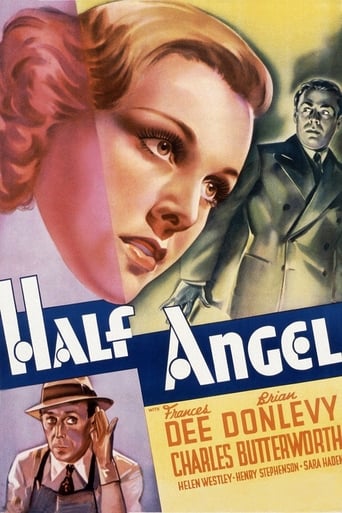
22 May 1936

Allison Long is acquitted on charges of poisoning her father but then her benefactor is poisoned. Reporter Duffy Giles has faith in her innocence.
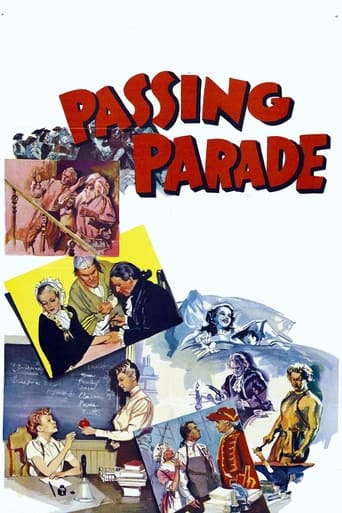
30 Oct 1943

A Yugoslav man, dying after being shot while attempting to help defend his village, writes a letter of encouragement and hope to his unborn child, explaining what he was fighting for in resisting the Nazi invasion of his homeland. A John Nesbitt's Passing Parade short.
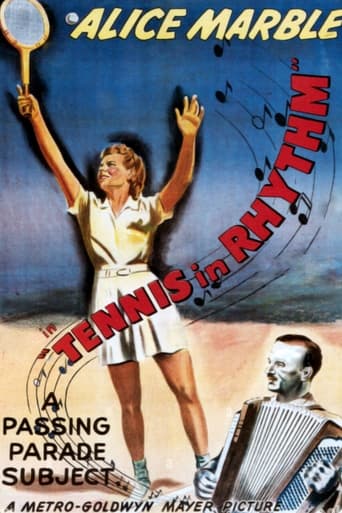
23 Aug 1947

A "Passing Parade" MGM short featuring tennis star Alice Marble
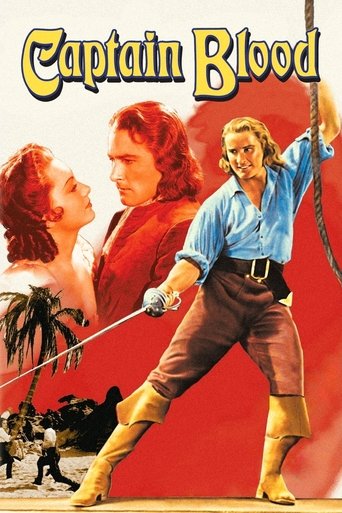
26 Dec 1935

Dr. Peter Blood, unjustly convicted of treason and exiled from England, becomes a notorious pirate.

15 Nov 1941

This MGM Passing Parade series short tells the story of Julian Poydras, whose encounter with a girl at Mardi Gras had a profound effect on his later life.

07 May 1949

Historical short showing how Eli Whitney (best known for the invention of the cotton gin) played a significant role in the introduction of mass production techniques to the USA in the late 18th century.
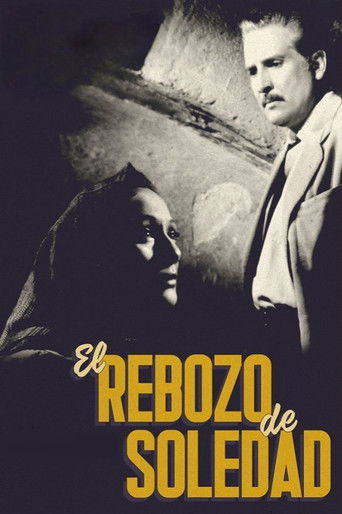
13 Nov 1952

Alberto Robles, a young doctor, is faced with the decision to surrender to a life full of comforts and luxuries or to continue dedicating himself body and soul to serving those who need it most.
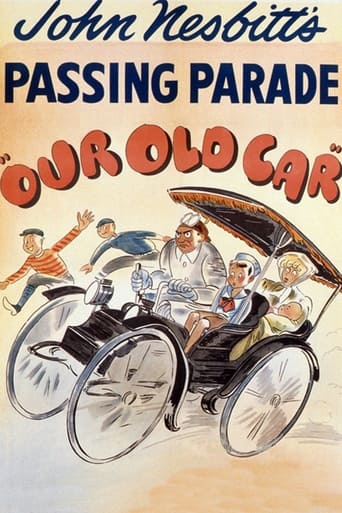
11 Jun 1946

In this John Nesbitt's Passing Parade short, a man traces his history by the succession of cars his father owned. [This short appears in its entirety during MGM's short feature "The Great Morgan".]
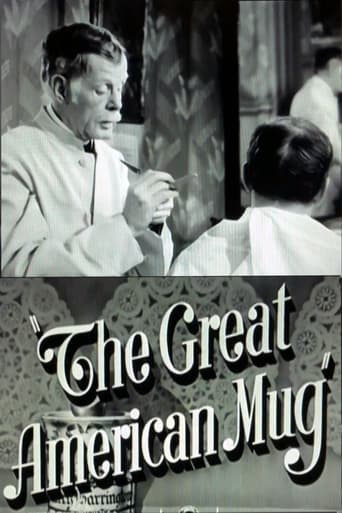
06 Oct 1945

This John Nesbitt's Passing Parade short takes a look at the typical American barbershop throughout the years.
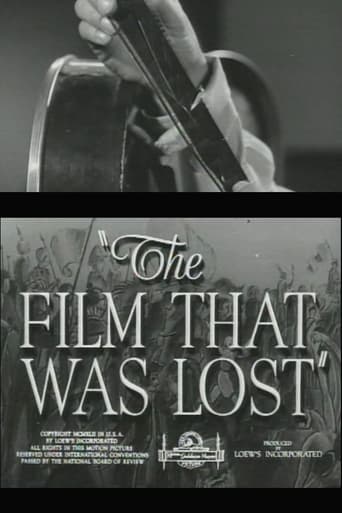
31 Oct 1942

In this John Nesbitt's Passing Parade short, a look is taken at the problems of film preservation efforts in the 1930s and early 1940s.
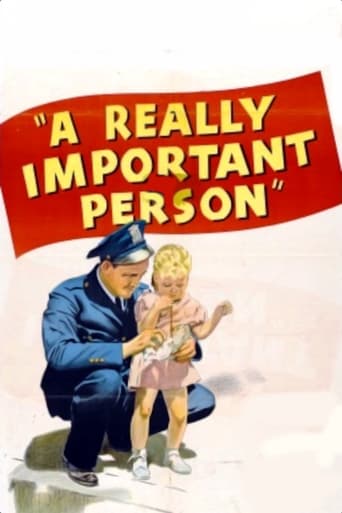
11 Jan 1947

A policeman's son searches for a suitable subject for an essay about an important person.

22 Jul 1939

This John Nesbitt's Passing Parade short tells the story of John Peter Zenger, who in Colonial New York was tried for sedition based on what he printed in his newspaper.

08 Nov 2021

When the pictures from Bergamo in Italy go around the world in spring 2020, even non-medical people know what the word pandemic means. The previously unknown Coronavirus is spreading rapidly across the planet. Four days later, exit and contact restrictions also apply in Germany. Since then, the life of the Konstanz intensive care physician Dr. Carolin Mellau and her family on their heads. The female doctor becomes a member of the crisis team and is on duty around the clock to prepare the clinic for the impending emergency. As an anesthesiologist intubating those infected with COVID-19, she herself carries a high risk of infection. Meanwhile, her husband Stefan has to cancel his concerts as a musician, is no longer allowed to teach his music students and is suddenly sitting at home without an income. Teenage daughter Luzy is not allowed to see her Swiss boyfriend because the border is closed. She and brother Tim cannot go to school. But the worst case for the family is yet to come.

17 Jun 1939

Made just before America would be forced into the Second World War, this short subject is a brief dramatized history of American democracy. It targets a perceived threat to democracy from board room and soapbox fascists who advocated a government based upon contemporaneous European models.
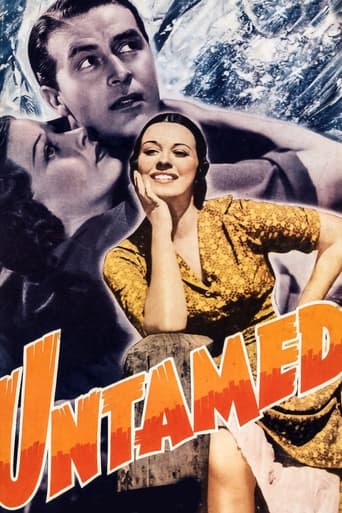
24 Jul 1940

A courageous doctor braves a fierce blizzard in the Canadian wilderness to save a remote community from a deadly epidemic. He has come North to visit and ends up stealing a wife from her husband. When the epidemic hits, he and the wife begin their arduous journey.
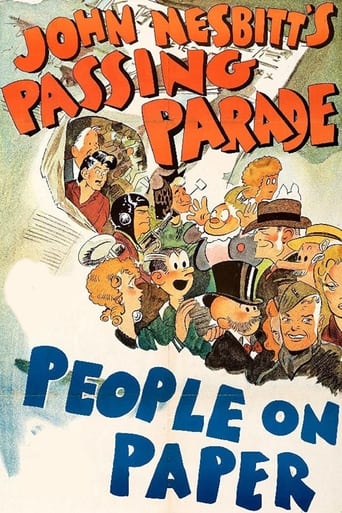
17 Nov 1945

Americans are preoccupied with the news, but need an escape from many of the events reported in the news. These escapes in the past have included dime store novels. The most accessible of these escapes is what are known as the funny papers, the set of serialized comic strips that are included within many newspapers. They appeal to all socio-economic classes, and all ages. Some of the earliest known from the late 19th century include the Yellow Kid, Little Nemo, Happy Hooligan, the Katzenjammer Kids, Mutt & Jeff, and Bringing Up Father. Many cartoonists are seen in action. Some originated their characters, while others have taken over following the passing of the originator. The joy of many comic strips are the absurd and the fantastical, which are limited only by the imagination of the cartoonist. Others are grounded in reality, which add to their poignancy within the public mindset.
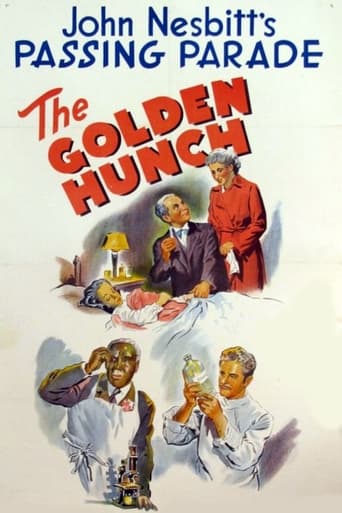
15 Nov 1945

This entry in John Nesbitt's "Passing Parade" series is about the great moments in the lives of famous men who found found an answer or made a great discovery in the flash of a golden hunch.